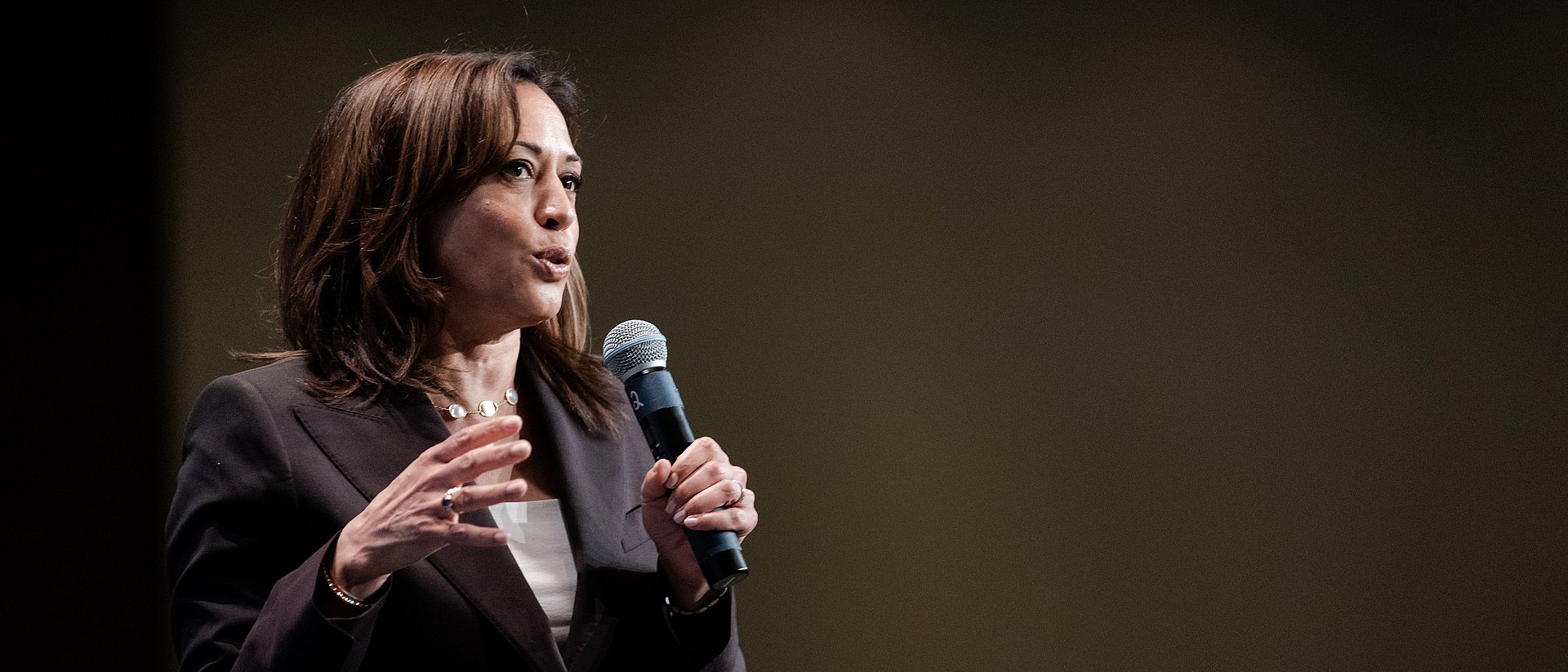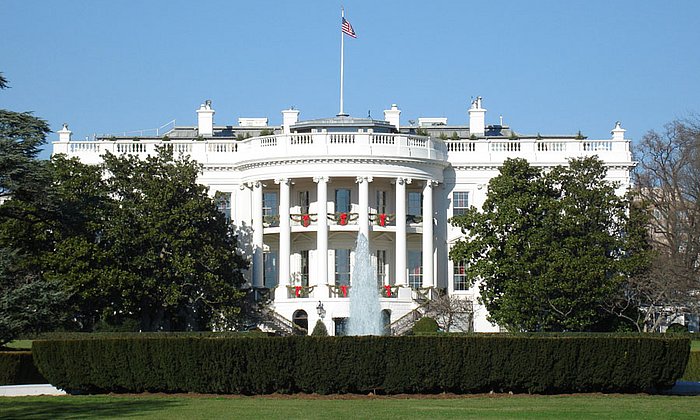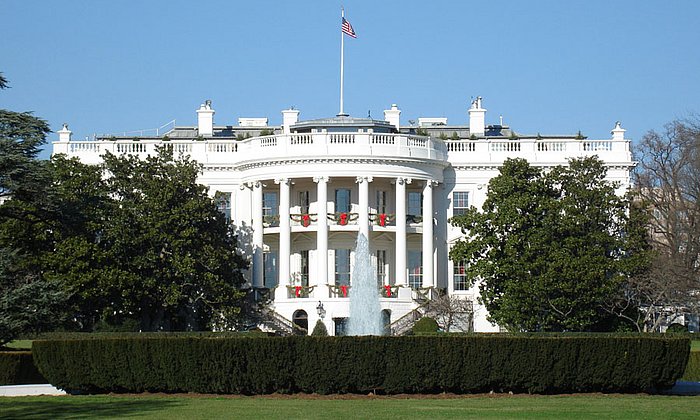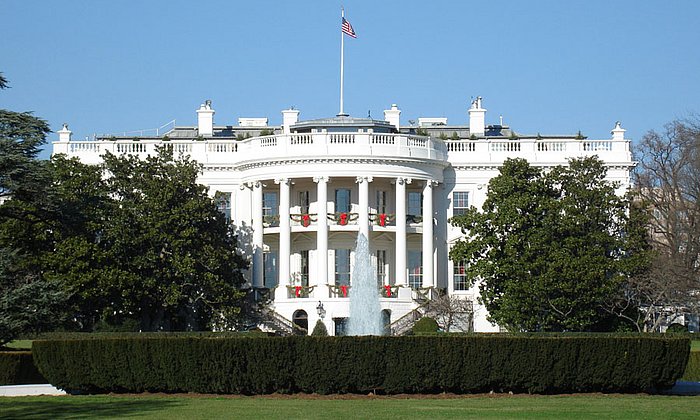Interview with Prof. Tim Büthe on the choice of Kamala Harris as US vice-presidential candidate
“American foreign policy would be more predictable again”

Prof. Büthe, this year the designation of the vice-presidential candidate for the Democratic ticket was the subject of great anticipation. What was the reason?
In addition to the heightened attention the incumbent US president is generally directing towards the US election campaign, Joe Biden's announcement that he would choose a woman running mate no matter what raised great expectations. Furthermore it is expected, more than is usually the case with American presidents, that a president Biden would involve his vice president in official presidential functions from day 1. And given Biden's age, there is a good possibility that she would take over as president either temporarily or permanently at some point during Biden's four-year term.
At our Bavarian School of Public Policy you're particularly concerned with the political aspects of international economic relationships – what impact does the designation of Kamala Harris have on this topic?
Kamala Harris is for the most part an unknown when it comes to foreign policy. Her political career up to now has been concerned almost exclusively with domestic policy issues. But we can note for the time being that she does not belong to the protectionist wing of the Democratic party. And that's certainly a good sign for the German economy.
The reputation she earned during her long career as a District Attorney and as a US senator (since 2017) is reason to expect that she will be a hardline negotiator when it comes to pursuing American interests. This would for example be relevant in long-time conflicts topics such as the German export surplus or German defense expenditures, which are low from an American point of view. But the tone towards Germany and other countries would certainly be more friendly than it is under Trump.
Above and beyond purely economic aspects, the USA is currently withdrawing from a wide variety of international alliances and treaties. Would this trend continue under Biden and Harris?
I assume that Harris supports Biden's tendency towards multilateralism. The two will thus want to stop the withdrawal of the USA from international institutions and may even want to reverse the trend. But it's not clear whether or not this is as important to Harris as it is to Biden – even if Harris has personal international experience: She lived in Canada for several years as a teenager.
US relations to Russia and China have been the focus of particular attention…
As far as Russia is concerned, we can expect a tougher stance from Harris - and from Biden - than under Trump, in particular because of the attempts by the Russian government, already becoming visible, to influence the American elections in Trump's favor once again in 2020.
And Harris has also called for a hardline position towards China, in particular on the topic of industrial espionage, although certainly in a less emotional and aggressive tone than under Trump.
On the whole we can expect from Harris that her election as Biden's vice president would make American foreign policy more predictable than it often appears under president Trump.
Prof. Tim Büthe has taught or held research fellowships at universities Duke, Columbia, Harvard, Stanford and Berkeley since 2002. Since 2016, he is Professor for International Relations at the Bavarian School of Public Policy at the Technical University of Munich. He investigates the political aspects of international economic relationships.
In 2014 the Technical University of Munich became the host university of the Bavarian School of Public Policy and oriented the profile of it toward politics in technologized societies. Nine professorships investigate how technological developments and political processes mutually interact in their respective fields. The students also study technical and life-sciences subjects at TUM.
Technical University of Munich
Corporate Communications Center
- Andreas Schmidt
- schmidta@zv.tum.de
- presse@tum.de
- Teamwebsite
Contacts to this article:
Prof. Tim Büthe
Hochschule für Politik an der Technischen Universität München
Lehrstuhl für International Relations
Tel.: +49 89 907793 100
tim.buthe(at)hfp.tum.de


